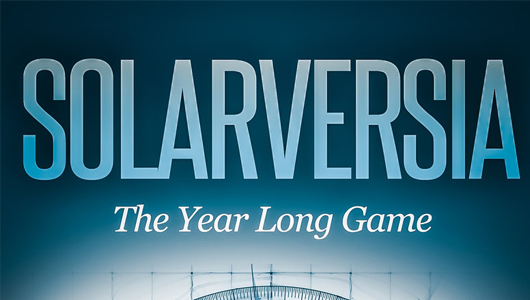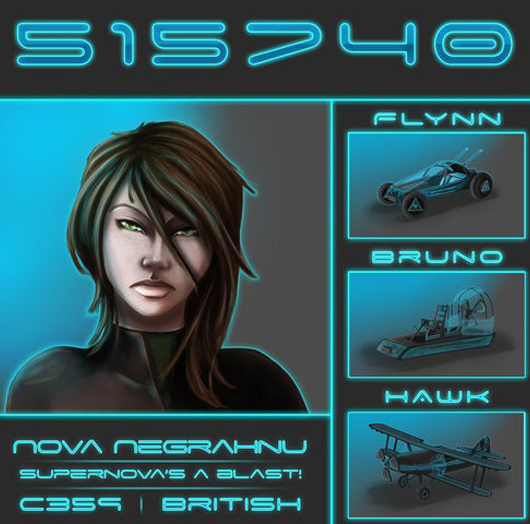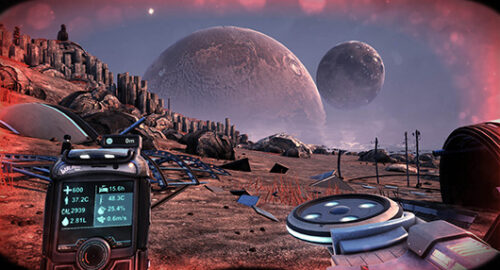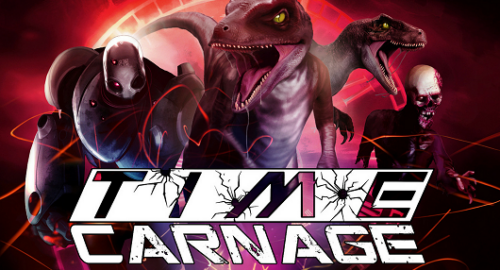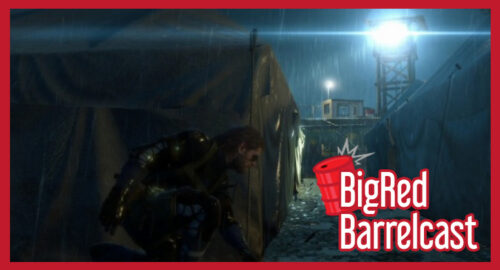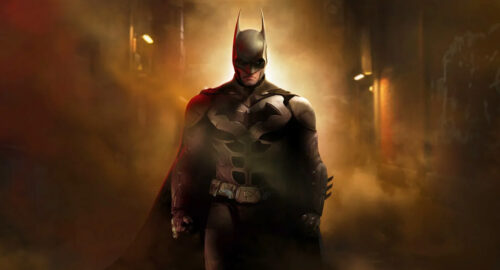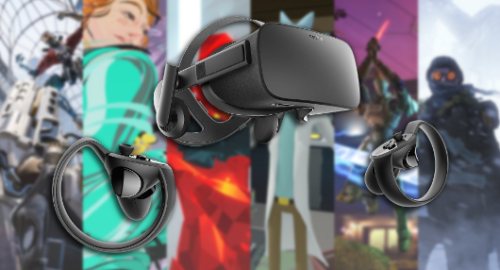My first experience with VR, unfortunately, was not the best. Upon opening the shiny DK2 box and planting the headset on my face, I have emerged in the virtual Tuscan village, made a few steps, bumped into a planter, immediately got the feeling of sickness and had to take the headset off. Despite this, I have returned to the experience and even managed to play a little bit of Elite Dangerous. Somehow, even imperfect as this experience has been, the idea of VR technology and what it could offer still excites me, and I am looking forward to the new advancements in this technology. Looking at DK2, now proudly sitting in my living room shelf, I can’t help but fantasise about what this technology could be for in 10 or 20 years.
I would think that I am hardly alone in trying to imagine what gaming, and why not go big, even the world, could be once VR will turn from semi-luxury to necessity. As a gamer and a book worm, it has always surprised me that there were not many people writing about VR gaming. To me, the topic seemed endless. One only had to look at what Ernest Cline had done in Ready Player One, to see that there were so many topics and directions this kind of fiction could go and explore. Luckily, it seems that more authors picked up on this, and Solarversia, a debut novel by Toby Downtown, definitely feels this niche in my reading addiction.
• Author: Toby Downton
• Publisher: CreateSpace
• Release date: 31st August 2015
• Read on: eBook
Set in 2020 the story follows the main protagonist Nova, an 18 year old girl who competes in the first virtual yearlong game called Solarversia with 100 million other people. The book also touches upon the parallel stories of the developers of the virtual game and The Holy Order, a radical terrorist group that believes in the imminent coming of computer god MAGI. The book touches on many topics that I personally was interested. For example, the shaky balance between virtual gaming and real life, as Nova tries to juggle her university life, gaming and relationships. Or, a slightly grimmer topic, exploring the idea of how personalities of people continue to live on-line, even after that person has passed away. The Holy Order’s belief in the computer god also doesn’t seem too far away from what could happen very soon. Finally, I was just excited to read about the virtual game and the challenges that it would present to the heroes of the book.
However, while the broader strokes of the book definitely sound great, when I actually got up close, I have found myself not enjoying it as much as I hoped I would. The stories starts a little bit slow and takes a while to get its momentum that then dies out again. I can’t help but feel that while Toby’s virtual game sounds like a great game to play with its expansive world and freedom to explore at will while solving puzzles and challenges, this same freedom also damages the flow of the novel. Reading, I could never quite understand why Nova was doing things in the game when she was doing them, even with the presence of the gaming monthly bucket list. Every player just seemed to be roaming around in the world doing what they felt like at the moment, which as game sounds great, but as a book lacks structure. Reading about competitions, virtual and real life, is always more exciting when the opponents are always neck in neck and the danger is just around the corner. While the author tries to convince us that in Solarversia that is still the case, it never feels like it. To me, a general indication to survive a year in the game; doesn’t feel as strong as, for example, ‘get to this awesome magical place first’ or ‘be first to solve this great mystery’.
Adding to that, the world of the game has far too much going on. So much information is presented to the reader and so fast, that half way through the book you see the word ‘arkwini’ and you know roughly who they are, but you can’t seem to know why they should be important or there at all. The Game also has its own stories and lore that unfortunately are very forgettable and I struggled to pay attention to them.
The romance storyline was also not my favourite part of the book and it seemed to hit almost every cliché it could find on its way. The heroine stumbles in the class in which she has no interest in but stays because of the hot guy? Tick. Hot guy has a hot girlfriend that is very annoying and is immediately threatened by the heroine for no apparent reason? Tick. They battle for the hot guy’s attention while hot guy is clueless? Tick. Main heroine lies to hot guy to make herself look more interesting, when she does not need to do that because she is interesting already. But this lie makes hot guy immediately unsure about the relationship. Tick.
Nova herself is a bit of a bland character. Her personality does not have any great or bad outstanding qualities, and so the overall impression just falls flat. Probably one of the most touching things in the book, is her journey for forgiveness dubbed as a ‘Super Nova’ project, but even this did not make me fall in love with her. Frankly, in terms of characters I was much more fascinated by Casey, the view point character from the Holy Order storyline. His character development seemed much more significant and important, the Nova’s daily life and gaming.
Finally, and this is possibly a nit-pick, but I have found a lot of names in the game frustrating or just unimaginative. While I understand, that in many cases the author was trying to give a nod to a video game culture, some names were just taking it too far. For example, ‘Princess Zibelda’ or even a bit too obvious name for the main hub in the game ‘Castalia’. I am also not against the names Nova or Casey, however, Nova’s best friend’s name Sushi just takes me out of the world. Actually, that is her nickname as we learn later in the book, but no one ever refers to her as Suzy. While I could understand using ‘Sushi’ as an avatar name, when people who don’t know the girl referrer to her as ‘Sushi’ in the book, I have a hard to keep a straight face.
Despite some of my complaints about the book, I think it still has potential and there were parts that I have enjoyed. All the exciting big ideas are definitely there, but the details and pacing need a bit more polishing. And names. If there will be a sequel to Solarversia, which from the plot it looks like a possibility, then this world needs better names.
